Further Adventures with Walking Simulators
Another year, another dump of light adventure games that focus heavily on exploration and less on the pixel-hunting of the yesterdecades.
Abzû (2016)
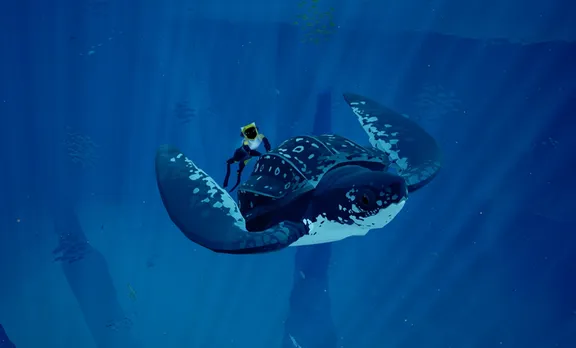
It is difficult not to compare Abzû to Journey. It is an unfair comparison, because as such it does not rise up to the same level of wonder. Abzû is very pretty and its soundtrack makes a great job to enhance the environments.
Abzû takes about two hours to complete, which is great. It doesn’t overstay its welcome and delivers a solid, although a bit clichéd, story. I found myself enjoying the experience more than many movies.
Heaven’s Vault (2019)
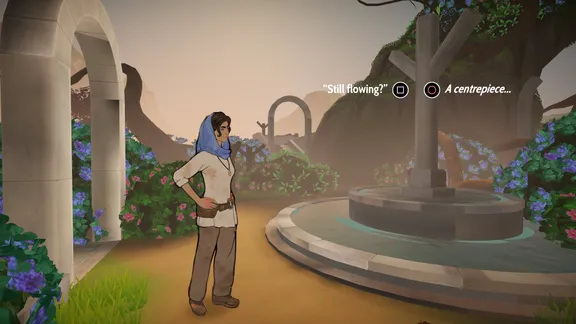
Heaven’s Vault is from Inkle, the creators of 80 Days for mobile. The game retains and improves on the story-weaving that adapts to the player’s choices which made the previous game stand apart. Playing the game even for a bit, it is easy to see how no two players will have similar playthrough or even an idea of what on earth is going on in the game. Like Oxenfree, the major interaction happens through dialogue and like in many Telltale games not doing something is a also a choice.
The game plays strongly on discovery but unlike many other games the core mechanic supports this. As the player deciphers - or attempts to decipher - the game’s hieroglyphs both the player and the game create ideas of what is happening.
The game combines 2D characters with 3D environments in a way that actually works.
One of those games that has your head spinning even when you are not playing it.
Tacoma (2018)
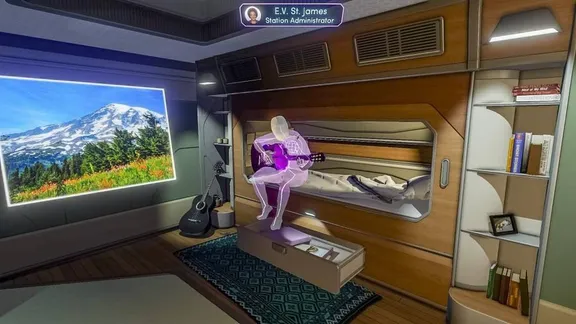
A clean execution of a follow-up to Gone Home. Like with Abzû, while inevitable, it’s a bit unfair to compare it to its precedessor. Gone Home was something new altogether, and Tacoma just attempts to improve on the formula.
This time around you try to piece together what happened on a space station by replaying and replaying the timeline from different points of view.
Many of the walking simulators cast the player as the detective after the fact. This setting limits the payoff of the story because the player is often detached from it all making the subjects’ fates inconsequential. Tacoma embraces this in its plot and also subverts this in its mandatory twist.
Assassin’s Creed Discovery Tours (2018, 2019)
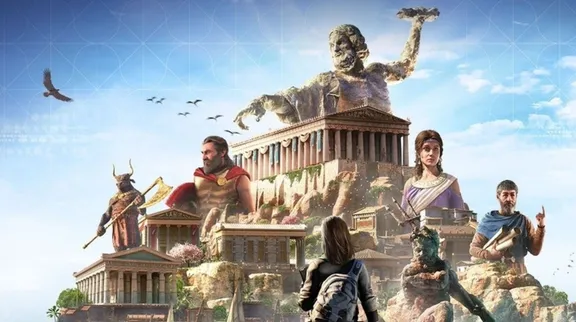
What to do when you have spent years painstakingly building faithful recreations of history’s most remarkable worlds only to for them to be the backdrop to your semiannual action adventure franchise’s latest installment?
Take away the gameplay, add the text vignettes of Assassin’s Creeds of the past and add guided sightseeing tours to the landmarks. Those who played the games and have even a passing interest in museums or the history of Origin’s ancient Egypt or Odyssey’s ancient Greece should give these virtual guided tours a try. I’m not entirely convinced the Discovery Tours stand by themselves, though.
Sky (2019)
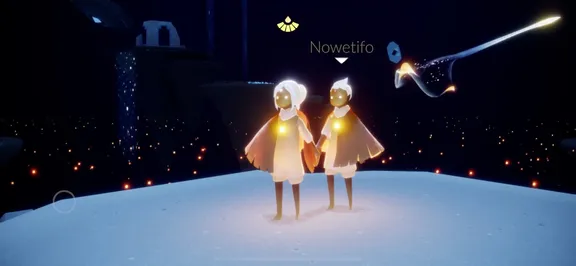
Sky is what happens when the people responsible for Journey decided the game would be better on mobile and with other people, and free. That this is maybe the only game where you can’t be a dick to other people and can only interact in constructive manner alone is a major achievement.
This is one of the very few mobile games where not playing with sounds on should be punishable. I have no idea why anyone would forego such crucial part of the experience here.
Honorary mentions
Rime (2017)
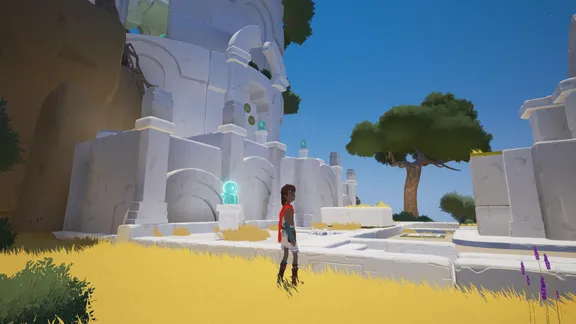
Rime is a game that borrows heavily from many of the masterpieces that came before it but despite great execution, can’t rise to their level. I did find the story moving but the game’s platforming was too often an obstacle to the game’s story and pacing.
After Journeys, Abzûs, The Witnesses and Rimes, the art style and environments (islands, deserts, below the surface, …) start to blend together. They are a welcome respite from the photorealistic and ofter dark and grim worlds built in so many other games. However, Rime is easily forgettable due to not excelling in any aspect.
The Unfinished Swan (2012)
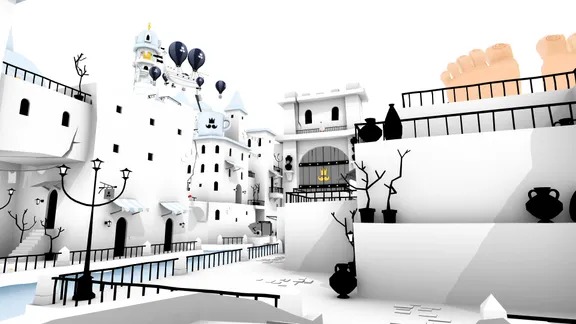
The Unfinished Swan might not qualify as a walking simulator, but it was Giant Sparrow’s first game before What Remains of Edith Finch. The game has a strong focus on visuals and exploration, but has also platforming elements that bring it closer to games like Rime, Portal 2 and Antichamber.
Thirty Flights of Loving (2012)
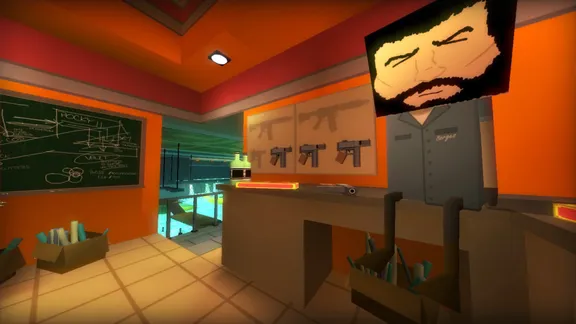
This game for some reason always crashes early on, and I have not been able to play it past the first room. Windows 10 broke something in older game engines like Quake II's that Thirty Flights of Loving uses[1].
Tengami (2014)
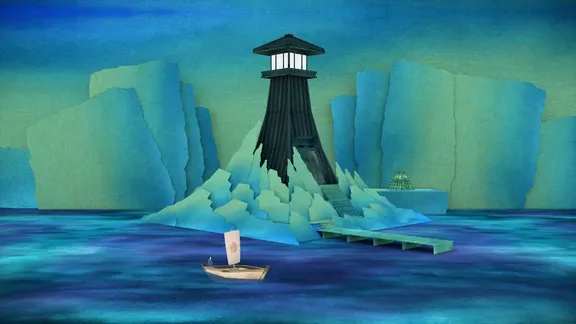
Tengami is better described as a puzzle game, but it gets listed here because the puzzles are very visual. The paper folding visuals are here not as substantial as in games like Lumino City or Tearaway, but still worth a mention. A great, short game.
Unreal Tournament 2004 shares the same fate. ↩︎